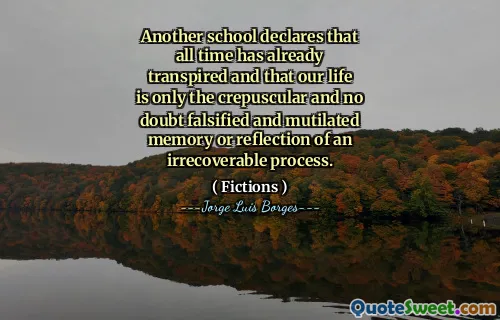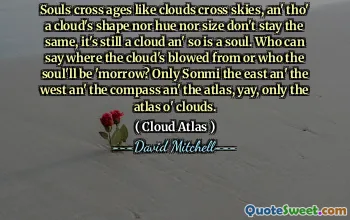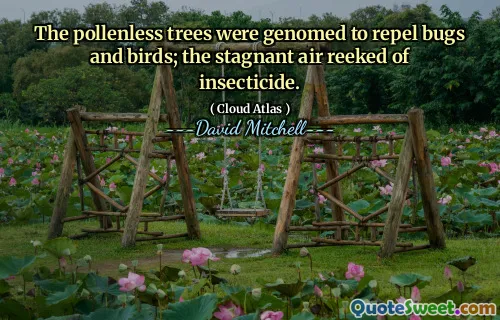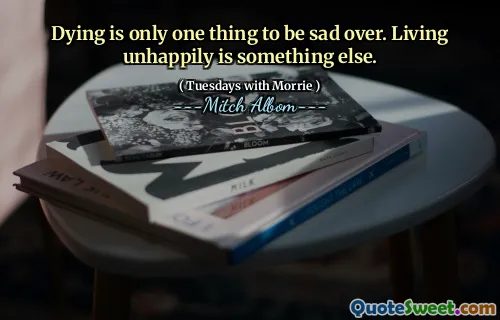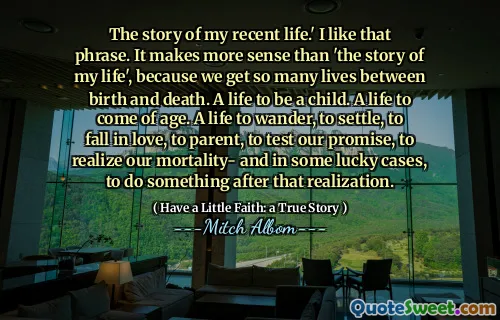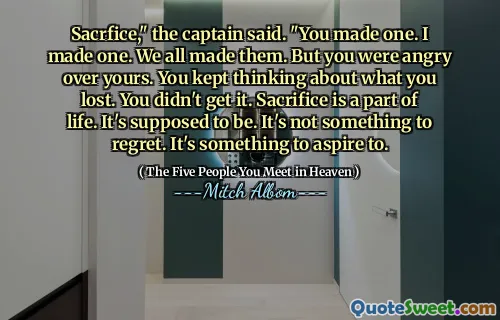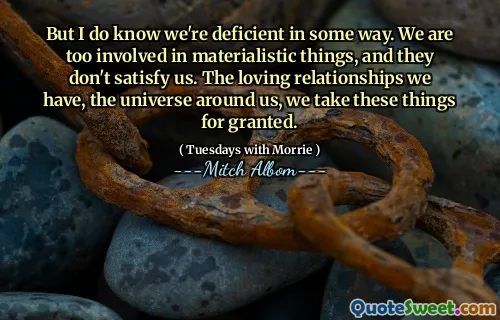
Another school declares that all time has already transpired and that our life is only the crepuscular and no doubt falsified and mutilated memory or reflection of an irrecoverable process.
The quote posits a profound meditation on the nature of reality and time, suggesting that all events have already unfolded, leaving our perceived experience as mere shadows or echoes of a past that cannot be reclaimed. This idea echoes philosophical notions of eternalism, where the distinction between past, present, and future blurs, hinting that our perception of time is a human construct attempting to impose order on a reality that exists outside of such linear understanding.
The analogy of life being 'crepuscular' — associated with twilight, those transitional moments between light and darkness — underscores the fragile, ephemeral quality of our conscious experience. It implies that what we remember or reflect upon is not a faithful record but possibly a distorted or falsified version of our true experience. Memories, susceptible to decay and reconstruction, become unreliable witnesses to the 'irrecoverable process,' which could be interpreted as the inexorable flow of time or the unalterable progression of life towards its inevitable conclusion.
This perspective invites reflection on how much of our identity is shaped by memory and history, and whether such constructs serve as mere illusions covering the abyss of what truly was or could have been. It also raises questions about the nature of knowledge and existence: if our entire experience is already set in the past, what meaning can the present hold?
The quote encourages a contemplative awareness of the fragility and ambiguity of personal and collective histories, urging us to consider how our understanding of ourselves and the world might be isomorphic to a shadow play on the walls of a cave—an ongoing reflection of real truths that remain forever elusive. Borges' reflection compels us to confront the limits of memory, the fluidity of time, and the possibility that our grasp on reality is more fragile and constructed than we care to admit, ultimately challenging us to seek deeper understanding beyond superficial perceptions.
